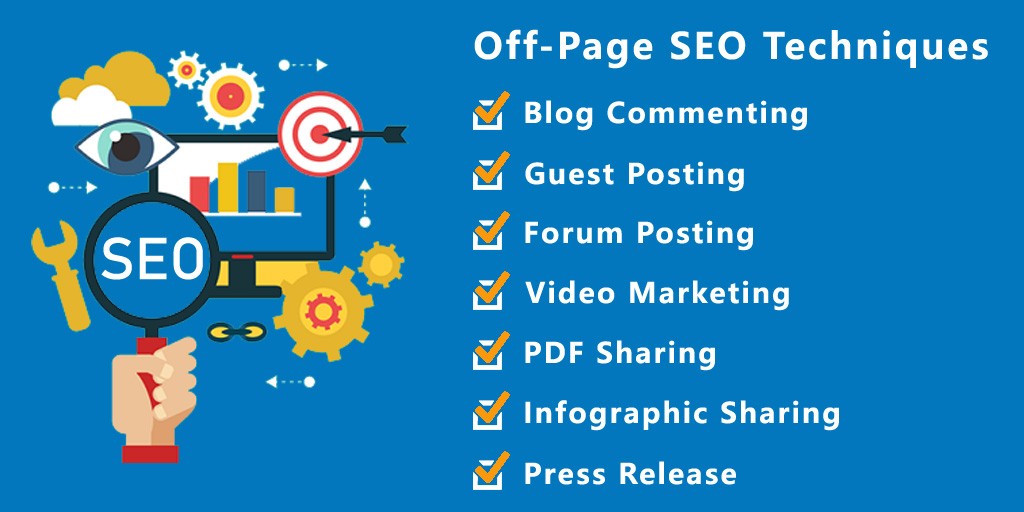The digital marketing landscape is constantly evolving, and as marketers, it’s crucial to stay updated with the latest practices. One technique that has garnered much attention over the years is the use of Private Blog Networks (PBNs). While PBNs may seem like a quick way to boost your website’s SEO, there are significant risks of using private blog networks that you should be aware of. This article delves into these risks to help you make informed decisions.

Understanding Private Blog Networks
A Private Blog Network, or PBN, is essentially a collection of websites created solely for the purpose of building backlinks to a main site, thereby boosting its SEO ranking. These networks are often made from expired domain names that still have authority in the eyes of search engines.
How PBNs Work
PBNs function by linking back to a main website, passing on the authority and link juice from these expired domains. The idea is to create a semblance of genuine backlinks, but in reality, its a manipulative tactic that goes against search engine guidelines.
The Legal Implications of PBNs
One of the first risks of using private blog networks involves legal issues. Search engines like Google have strict guidelines against artificial link schemes. Engaging in such activities can lead to penalties or even lawsuits, especially if your actions harm another’s business.
Search Engine Penalties
Google’s algorithms are sophisticated and constantly evolving to detect manipulative practices like PBNs. If caught, your site could be deindexed, leading to a severe drop in organic traffic. For more details on search engine penalties, check out this SEO guide.
Financial Risks Involved
Investing in a PBN can be costly. The expenses of purchasing expired domains, hosting, and maintaining these sites can quickly add up. Additionally, if penalized, recovering from these penalties can require even more financial resources.
Cost of Maintenance
Maintaining a PBN requires constant vigilance. You need to ensure that the network remains undetectable and continues to pass on link juice. This ongoing maintenance is both time-consuming and expensive.
Reputation Risks
Using PBNs can tarnish your brand’s reputation. If your audience discovers that you’re using manipulative tactics, it can erode trust and credibility. Transparency is key in building long-lasting relationships with your audience.
Trust Erosion
In todays digital age, consumers value authenticity. When a brand is caught using unethical practices, it can lead to a loss of trust, which is hard to rebuild.
Alternatives to PBNs
Instead of resorting to PBNs, consider ethical SEO practices. Building genuine backlinks through guest blogging, influencer collaborations, and content marketing are effective and sustainable methods. Learn more about ethical off-page SEO strategies by visiting this guide.
Guest Blogging
Guest blogging on reputable sites can help you earn genuine backlinks and boost your credibility. Its a win-win for both parties involved.
Influencer Collaborations
Partnering with influencers in your niche can help you reach a broader audience and gain high-quality backlinks. Its a strategy that focuses on mutual benefit and authenticity.

FAQs
What are Private Blog Networks?
PBNs are networks of websites created to provide backlinks to a main site, often using expired domains with existing authority.
Why are PBNs risky?
PBNs are risky because they violate search engine guidelines and can lead to severe penalties, legal issues, and reputation damage.
Are there alternatives to using PBNs?
Yes, there are ethical alternatives like guest blogging, influencer collaborations, and content marketing that provide sustainable SEO benefits.
In conclusion, while Private Blog Networks might offer a tempting shortcut to boost your SEO rankings, the risks far outweigh the benefits. Opt for ethical, sustainable practices that build genuine authority and trust in the digital space.







